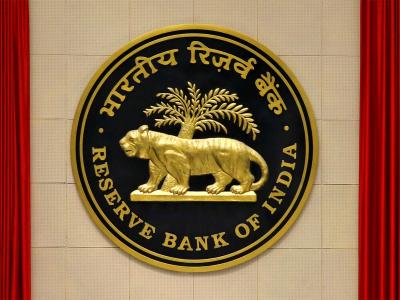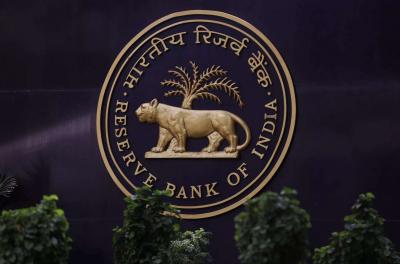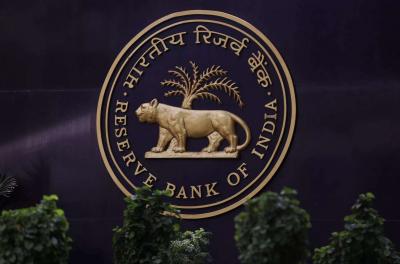RBI's new rule may increase your home loan EMI
By Lokmat English Desk | Updated: August 21, 2023 12:32 IST2023-08-21T12:32:31+5:302023-08-21T12:32:31+5:30

The RBI on Friday issued new guidelines on loan installments i.e. EMIs. In this, many types of relief have been given to borrowers.

Banks and finance companies may be forced to increase installments on some home loans if interest rates rise after the new rules come into force.

Along with this, the amount for the borrower will decrease. Under the new rules, borrowers will be given the option to switch to fixed rate loans when interest rates change. Banks will calculate the repayment capacity at a higher rate than the current rate, which may reduce the loan amount for borrowers.

If the interest rate rises sharply, banks have to ensure that the monthly interest on the EMI loan continues and the outstanding amount does not increase after paying the installments. The loan approval letter has to disclose the conversion fee from floating to fixed rate.

Currently, banks calculate the borrower's loan repayment capacity based on prevailing interest rates. For example, if a borrower has 20 years to retire, he can pay an EMI of Rs 74,557 on a loan of Rs 1 crore at an interest rate of 6.5%.

Naveen Kukreja, co-founder and CEO of Paisabazaar, said that currently only a few banks and HFCs are offering home loans at fixed interest rates. Some banks are offering home loans at hybrid interest rates.

The interest rate risk of the loan increases as the tenure increases, so banks charge higher interest rates for fixed rate home loans. For example, in ICICI Bank, the floating rate is 9 to 10.5 percent while the fixed rate is 11.2 to 11.5 percent.

Floating rate in IDBI Bank is 8.5% to 12.3% while fixed rate is 9.6% to 10.1%. Talking about LIC Housing Finance, it has a floating rate of 8.5 to 10.8 percent while the fixed rate is 10 to 10.3 percent.

Last week, RBI Governor Shaktikanta Das had said that the central bank will review the EMI norms. As per the new rules, banks will have to disclose principal and interest recovered, EMI amount, number of remaining installments and annual interest rate.

Usually, banks assess the borrower's eligibility based on the cyclical nature of interest rate increases in income. But now many cases have come to light where salary has not increased in line with inflation in some industries.























